Question And Answer
Publications
Articles, publications, books, tools and multimedia features from the U.S. Institute of Peace provide the latest news, analysis, research findings, practitioner guides and reports, all related to the conflict zones and issues that are at the center of the Institute’s work to prevent and reduce violent conflict.
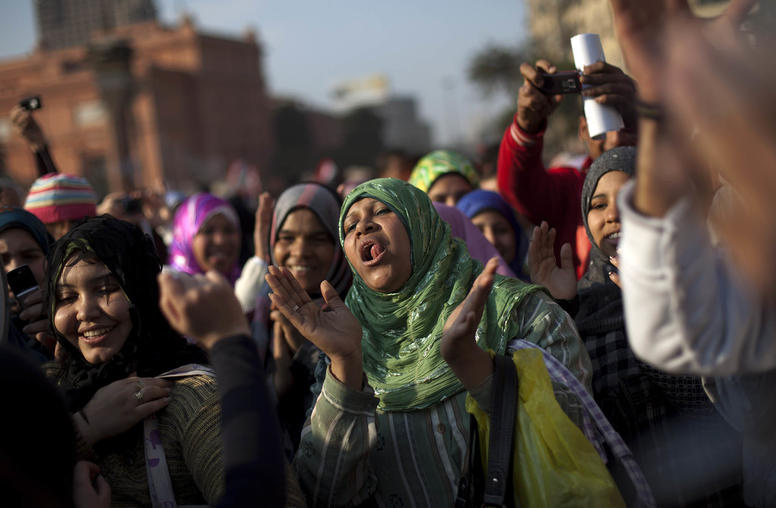
Promoting Peace and Democracy after Nonviolent Action Campaigns
The ouster of Egyptian president Hosni Mubarak in February 2011 was brought about using the tools of nonviolent action, including massive protests and nationwide strikes. Yet the transition that followed showed that initiating change through nonviolent action is no guarantee of a peaceful, smooth path to democracy. This report, based on data on 72 political transitions that occurred between 1945 and 2019, provides key insights into the kinds of mobilization, in terms of tactics and actors, that tend to be most effective in carrying transitions to a democratic outcome.
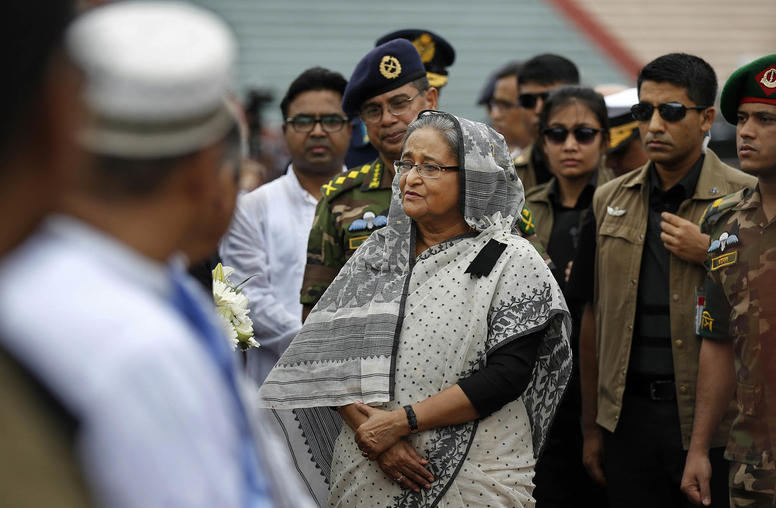
The Persistent Challenge of Extremism in Bangladesh
On July 1, 2016, Bangladeshi militants carried out an attack, targeting mostly foreigners and non-Muslims, at the Holey Artisan Bakery in Dhaka. The Bangladeshi government responded to the attack with a concerted and controversial counterterrorism campaign. Although the number of terrorist incidents has been in steady decline since 2016, Islamist groups continue to operate, recruit, and carry out small-scale attacks while aspiring to perpetrate greater violence. This report examines the dynamics, drivers, and manifestations of extremism in Bangladesh and discusses measures to weaken its appeal.
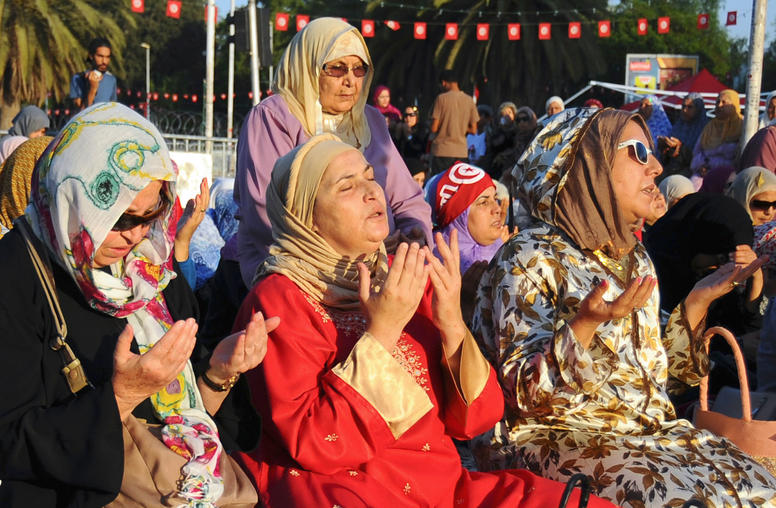
Global Trends and Challenges to Protecting and Promoting Freedom of Religion or Belief
USIP collaborated with USAID’s Center for Faith-Based and Neighborhood Partnerships on an initiative called Closing the Gap to study the relationship between religious freedom and regime type, political stability, and economic development. This report summarizes the study’s main findings and offers recommendations for policymakers and peace practitioners seeking to protect and promote the freedom of individuals to practice the religion of their choice, convert to another faith, or profess no faith at all.
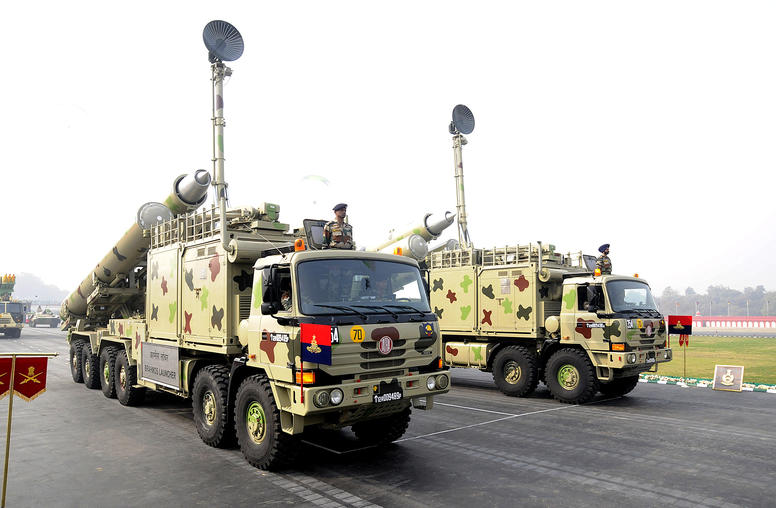
Enhancing Strategic Stability in Southern Asia: USIP Senior Study Group Final Report
This report reviews the challenges posed by changing strategic circumstances in Southern Asia, assesses a range of US policy options, and presents a set of priority recommendations for US policymakers.
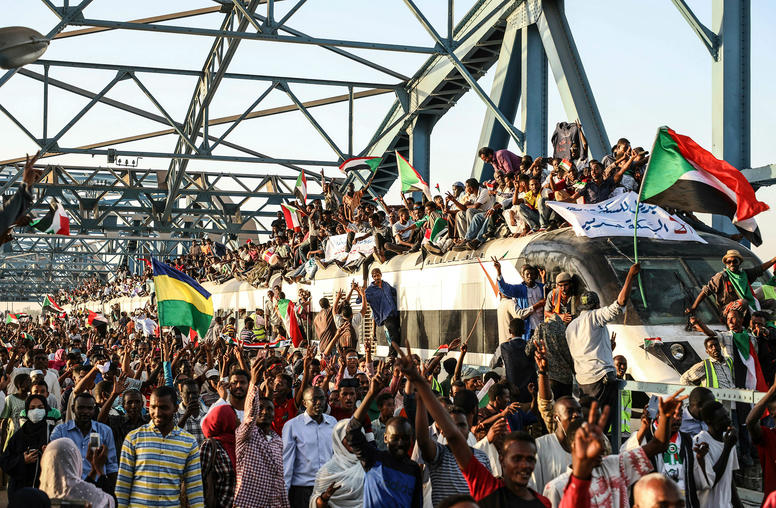
Sowing the Seeds of Nonviolent Action in Sudan
From 2013 to 2018, Sudanese civil society actors carved out a variety of civic spaces that laid the foundation for Sudan’s 2018–2019 December Revolution. This report assesses the factors that gave rise to this remarkable mobilization—in particular how civil society development ultimately enabled the Sudanese opposition to sustain a decentralized, nationwide, and robust nonviolent campaign characterized by widespread mass participation, unity of leadership and purpose, and a commitment to nonviolent discipline—and what it will take to keep the country’s democratic transition on track.
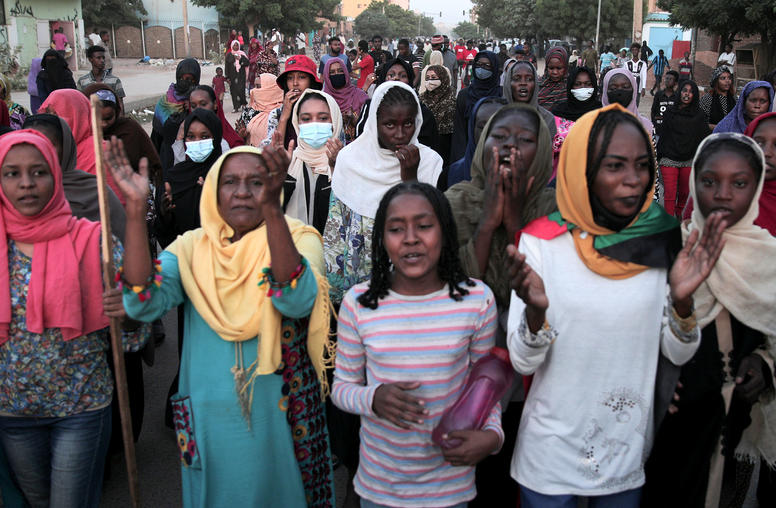
Darfur after Bashir: Implications for Sudan’s Transition and for the Region
This report examines the role of Darfur in Sudan’s domestic politics and international relations since the overthrow of Omar al-Bashir in 2019. It traces how Darfur’s importance has shifted with the growing aspirations and power of Mohamed Hamdan Daglo – more commonly known as Hemetti – and the Rapid Support Forces that he governs. It concludes by examining where Western actors may have leverage to push for both peace in Darfur and civilian rule.
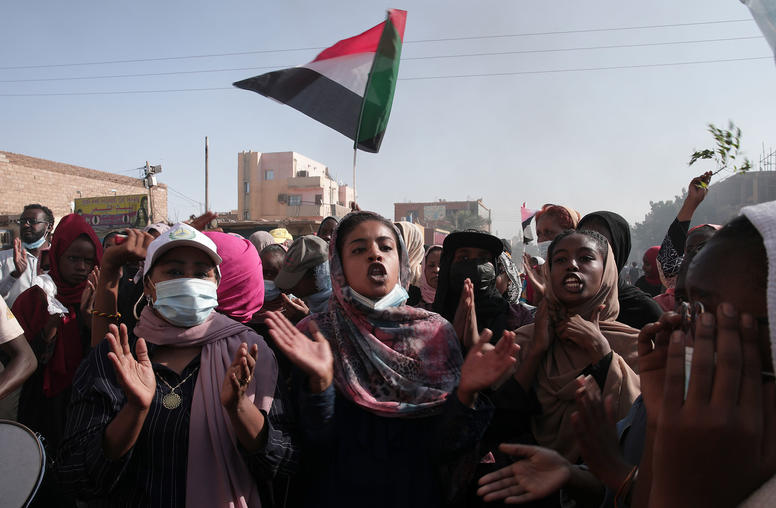
Dissent and Dialogue: The Role of Mediation in Nonviolent Uprisings
While both mediation and nonviolent resistance have been the subject of significant scholarly work, the connection of the two fields has received less attention. Using newly collected data on nonviolent uprisings Africa from the Mediation in Nonviolent Campaigns data set, this report explores several questions: When does mediation occur in the context of nonviolent campaigns? Who tends to mediate? What are the challenges, and what are the outcomes? The study offers overall takeaways, policy conclusions, and recommendations for future research.
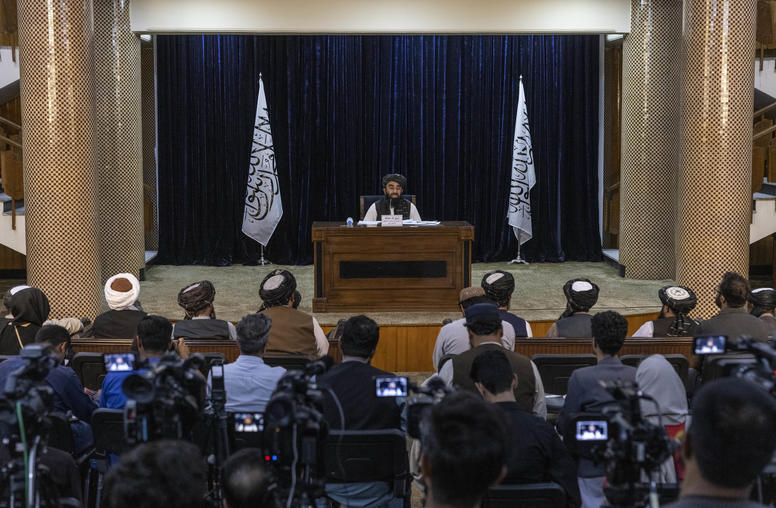
Afghan Taliban Views on Legitimate Islamic Governance
Since their return to power in August 2021, Taliban leaders have not yet articulated a clear vision of how they plan to structure the Afghan state. Some observers have expressed guarded optimism that the Taliban can be persuaded to move away from the more authoritarian and illiberal aspects of their first regime. This report is intended to help these negotiators—whether from the international community or Afghan civil society—find possible compromises between the Taliban’s vision of “true” Islamic governance and liberal democracy and respect for human rights.
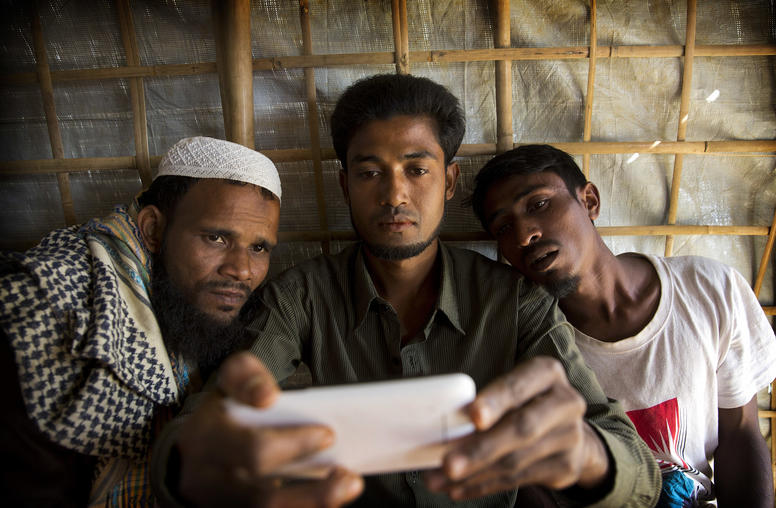
Nonviolent Action in the Era of Digital Authoritarianism: Hardships and Innovations
In the late 2000s and early 2010s, nonviolent action movements employed social media and other digital tools to orchestrate pro-democracy uprisings that took regimes by surprise. Those euphoric early days have since given way to digital repression, restricted online freedoms, and democratic backsliding as authoritarian regimes leverage new technologies to surveil the opposition and sow misinformation. This report documents how nonviolent activists are adapting to digital repression and suggests ways the United States and its allies can slow the pace of autocratic innovation in the use of these technologies.

La acción no violenta en la era del autoritarismo digital: Dificultades e innovaciones
A fines de la década de 2000 y principios de 2010, los movimientos de acción no violenta utilizaron las redes sociales y otras herramientas digitales para organizar levantamientos a favor de la democracia que tomaron por sorpresa a los regímenes. Esos eufóricos comienzos han dado paso a la represión digital, las restricciones de libertades en línea y el retroceso democrático a medida que los regímenes autoritarios aprovechan las nuevas tecnologías para vigilar a la oposición y sembrar desinformación. Este informe documenta cómo los activistas no violentos se están adaptando a la represión digital y sugiere formas en que los Estados Unidos y sus aliados pueden ralentizar el ritmo de la innovación autocrática en el uso de estas tecnologías.